Foreword
Dr. John H. Jackson
President & CEO, Schott Foundation for Public Education
What’s past is prologue: similar to what we saw in 2017, in these first months of the new administration we are witnessing a wave of chaos, uncertainty, and reactionary policies radiating outward from Washington, D.C. and impacting the lives of Americans in communities across the country.

As laid out in Project 2025, we see devastating federal attacks on everything from due process to Head Start and Medicaid, from clean air and water to consumer protections, disproportionately harming low-income families and people of color. While these attacks cut across issue areas and sectors of life, they are unified within a singular vision of austerity, inequity, and hate.
For those of us working toward a more equitable and just society, there is an important lesson to be found there: we cannot afford to make piecemeal moves, separate and siloed off from each other. It will take all of us working in concert. In the place of reforms rooted in division and hate, the Loving Cities Index proposes transformation rooted in a vision of loving systems for all children and families.
The many systemic barriers that our children and families face are deeply connected: a child struggles to concentrate in school, distracted by the asthma she got from living in a neighborhood with polluted air. The air is polluted due to a lack of clean public transit and green spaces. Her parents can only live in that neighborhood due to an expensive housing market and too few living wage jobs. Compounded by their lack of access to quality health care, this means they can’t afford the necessary treatments to keep her symptoms monitored and in check.
Do our cities love our children and families by providing them the supports they need to thrive?
Interconnected barriers cast a long shadow on children’s academic lives, their careers, their future families, and even their life expectancy. While it is easy to see how each barrier reinforces the other, this report highlights the fact that the opposite is also true: as our communities overcome each barrier, it makes all the others easier to overcome.
The Schott Foundation created the Loving Cities Index in 2018 to pose the question: do our cities love our children and families by providing them the supports they need to thrive? As a philanthropic intermediary, Schott worked with funders, community organizers, and policy experts to develop indicators and a framework rooted in quantifiable data that could still tackle such an important qualitative question.
Across twenty-five key indicators, our Index is not just a means to assess, it is also a blueprint for how each community, in the midst of chaos, can still choose to build a loving ecosystem for children and families. The indicators paint a clear picture of where to allocate resources and change policies. Our cities can make bold new steps toward racial equity, justice, opportunity, and truly shared prosperity. We can choose love.
The indicators at the heart of the Index, as well as the larger holistic and cross-sector framework in which it resides, can serve to sharpen the analyses and strategies of all organizations working to improve their communities, from foundations and direct service charities to community coalitions and economic development boards. And the Schott Foundation is an enthusiastic partner to those looking to adopt this framework and build loving systems.
In his 1963 Letter from Birmingham Jail, Rev. Dr. Martin Luther King, Jr. reminds us that “We must come to see that human progress never rolls in on wheels of inevitability.” As Dr. King knew so well, the history of the United States shows us human progress is never certain, and when it arrives, it rolls in on wheels of long and patient work, sacrifice, and struggle.
All of us are called to serve, in one capacity or another, to turn those wheels of progress and ensure we remain on a path to justice and equity. The Loving Cities Index shows us that regardless of what sector we work in or what issues motivate us the most, there is important work we can do collaboratively, here and now, to build the loving systems our children deserve.
